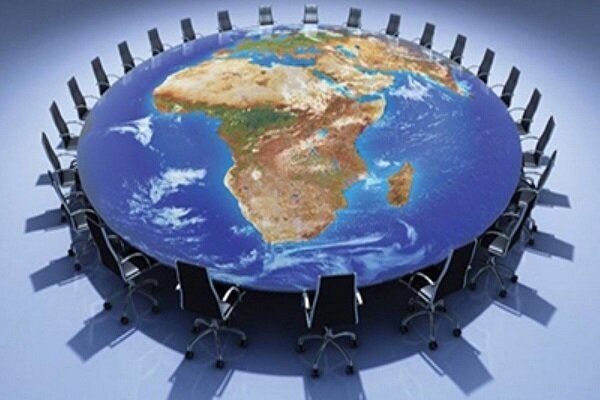Africa’s Rising Prominence in New Global Order (1-2)

Sudan Events – Agencies
In the western hemisphere, South American governments are moving away from US-inspired leadership. In Asia, there is China’s rise to global prominence and, on a wider scale, the shift away from Euro-Atlantic leadership to a multipolar world order with self-determination and sovereignty as focal points.
In this instance, however, the aim is to understand the centrality of Africa to global developments, especially how African governments are adapting to these changes and what must be done to be in advantageous positions moving forward.
Analysts and policy makers believe there is a new scramble for Africa, and in this race, the focus of world powers is to secure supply access to critical minerals needed for the development and manufacture of technology that powers the so-called fourth industrial revolution.
The US, for instance, has in several of its policy documents highlighted the importance of securing access to “strategic minerals” that are in abundance in Africa such as cobalt, lithium, and aluminium.
Ditto China, which has deep economic ties with various African countries that open access to its high-powered and energy-hungry economy. These are economic rivals, but the question is: What do African governments have to say?
Zimbabwe has moved to develop its own strategic minerals locally, such as iron and platinum. Nigeria has classified lithium as a strategic mineral, and Guinea has re-strategized its position on how to utilise its resources while preserving national interests.
Amid talk of the “new scramble” for Africa, the reality is that foreign governments do not have the freedom for wanton exploitation, unlike under the Berlin Conference and at the height of the Cold War.
The current geopolitical layout is such that Africans have low tolerance for environmental destruction, displacement and other unpleasant realities that played out through the 19th and 20th centuries in the name of industrialisation.
Many African countries are now putting themselves first, even with the understanding that trade and economics are now global.
Contemporary geopolitics suggests that African governments are now in a position to determine conditions of international relations, which practically means that long established modes of trade and diplomacy between Mali and France, for example, have been upturned.
Washington is now ramping up diplomatic effort to shore up support in the continent, with Secretary of State Antony Blinken making visits to several African countries and talking up the need for US-led development of natural resources and strategic minerals in African territories.
Vice President Kamala Harris has also visited Ghana, Tanzani and Zambia recently meeting political leaders and young people where she said the trip was ”in recognition that African nations are critical to global prosperity and security — and their ideas and innovations will benefit the world.”
China is another factor to consider in this regard, for Beijing has been the largest trading partner of African countries in recent years and this makes them favoured options to African leaders seeking new economic relations.



